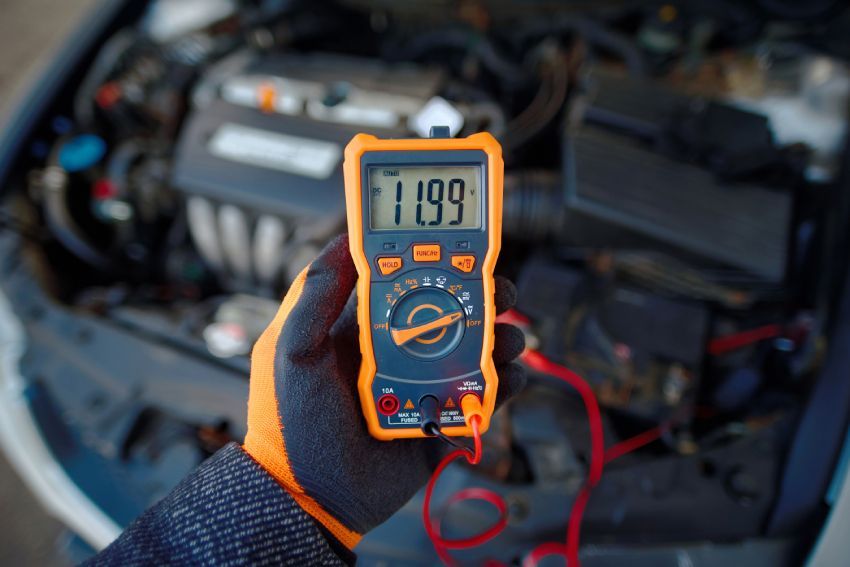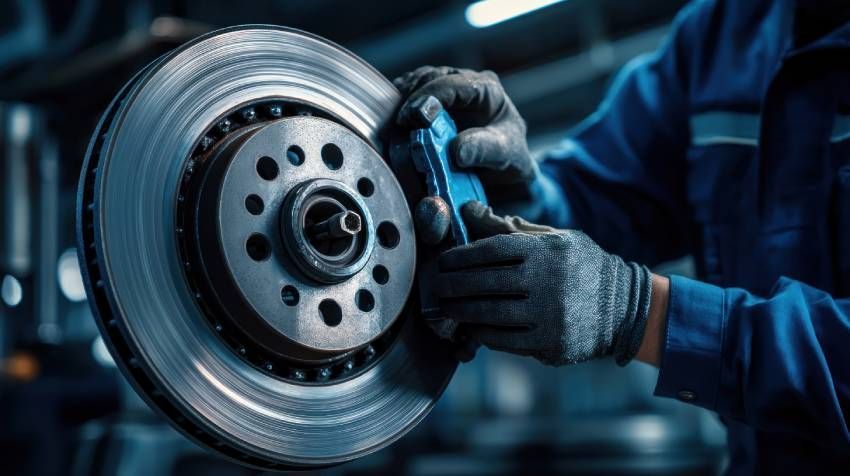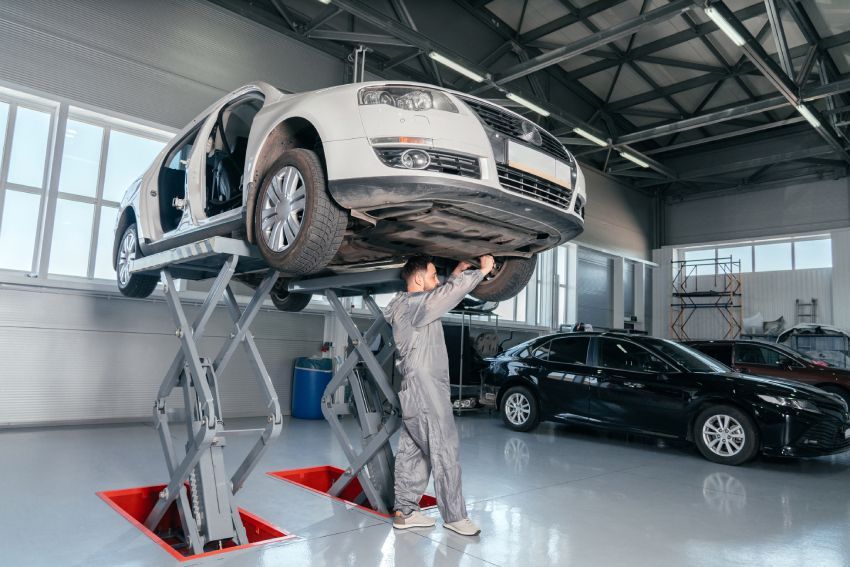What You Need to Know About Car Suspension Maintenance
A smooth, stable ride isn't just about comfort but safety and control. That's why suspension system maintenance should be a key part of your vehicle's regular care. Whether commuting through the Santa Cruz mountains or navigating downtown Scotts Valley, your suspension plays a crucial role in how your vehicle handles curves, bumps, and road irregularities. At Scotts Valley Transmission & Auto Care, understanding your suspension system helps you avoid costly repairs and enjoy a safer driving experience.
What is a Car Suspension System?
If you've ever wondered what a car suspension system is, the answer lies in how your vehicle stays balanced and responsive. The suspension system connects your vehicle's frame to its wheels and allows for independent motion between the two. It absorbs the shock from road surfaces, maintaining tire contact with the ground and supporting weight distribution for smooth cornering and braking.
In practical terms, the system keeps your car from bouncing all over the road. It's made up of multiple parts working together, including shocks, struts, springs, control arms, and stabilizer bars. When this system wears down or is damaged, it can affect steering control, ride comfort, and even stopping distances.
With its variety of road types and driving conditions, Santa Cruz County's suspension system wears more than you might think. That's why regular inspections and service are so important.
How to Do a Basic Car Suspension Maintenance Check
While suspension issues can be complex, there are simple ways to perform a basic car suspension maintenance check at home before heading to the shop. Here’s how:
- Bounce Test: Push down firmly on the front or rear of your car and then let go. Your shocks or struts could be worn out if the vehicle bounces more than two or three times.
- Check for Uneven Tire Wear: If your tires are wearing unevenly, it could mean a suspension problem or an alignment issue.
- Visual Inspection: Look under your vehicle for any signs of leaking fluid around the shocks or struts. Inspect bushings and mounts for cracking or separation.
- Listen for Noises: Clunking, knocking, or squeaking sounds when driving over bumps can indicate loose or damaged car suspension components.
If you spot any of these red flags, it's time to get your vehicle professionally inspected. Our experienced technicians in Scotts Valley are ready to help you pinpoint the problem and recommend the next steps.
Essential Car Suspension Components
Your car's suspension comprises several key components each vital in performance and safety. Here's a breakdown of the parts we inspect and service regularly at Scotts Valley Transmission & Auto Care:
- Shocks and Struts: These absorb the impact of road conditions and keep your tires firmly on the road.
- Springs: They support the vehicle's weight and help control its height and movement.
- Control Arms: These link the wheels to the frame and work with bushings to allow up-and-down movement.
- Sway Bars (Stabilizer Bars): These help reduce body roll during sharp turns and quick maneuvers.
- Ball Joints and Bushings: These components allow movement between parts while maintaining alignment and reducing vibrations.
Each part has a specific function, and if even one fails, the entire system is compromised. That's why we use only high-quality replacement parts in our shop—we won't put anything in your car that we wouldn't trust on our own.
How Long Does Car Suspension Last?
Many drivers ask, how long does car suspension last? The answer depends on several factors: vehicle type, driving habits, road conditions, and how well the vehicle is maintained. Typically, suspension components like shocks and struts may last anywhere from 50,000 to 100,000 miles under normal conditions. But wear can happen much sooner if you frequently drive on winding mountain roads or rough surfaces—as many drivers in Santa Cruz County do.
Signs your suspension may be reaching the end of its life include:
- Excessive bouncing after bumps
- Drifting or pulling during turns
- Poor steering response
- Vehicle sitting lower on one side
- Noticeable dips when braking
Regular suspension system maintenance and timely repairs are the best ways to extend the lifespan of your suspension. If you notice any of these symptoms, don't wait—bring your vehicle to our shop for a detailed suspension inspection.
At Scotts Valley Transmission & Auto Care, we're proud to serve the drivers with expert
auto repair in Santa Cruz. Our ASE-certified technicians have over 75 years of combined experience, and we're passionate about providing quality artistry and honest customer care. If it's time for your next suspension system maintenance check—or if you've noticed signs that something's off—make an appointment for
steering and suspension repair today.
Contact Scott’s Valley Transmission for more information.





